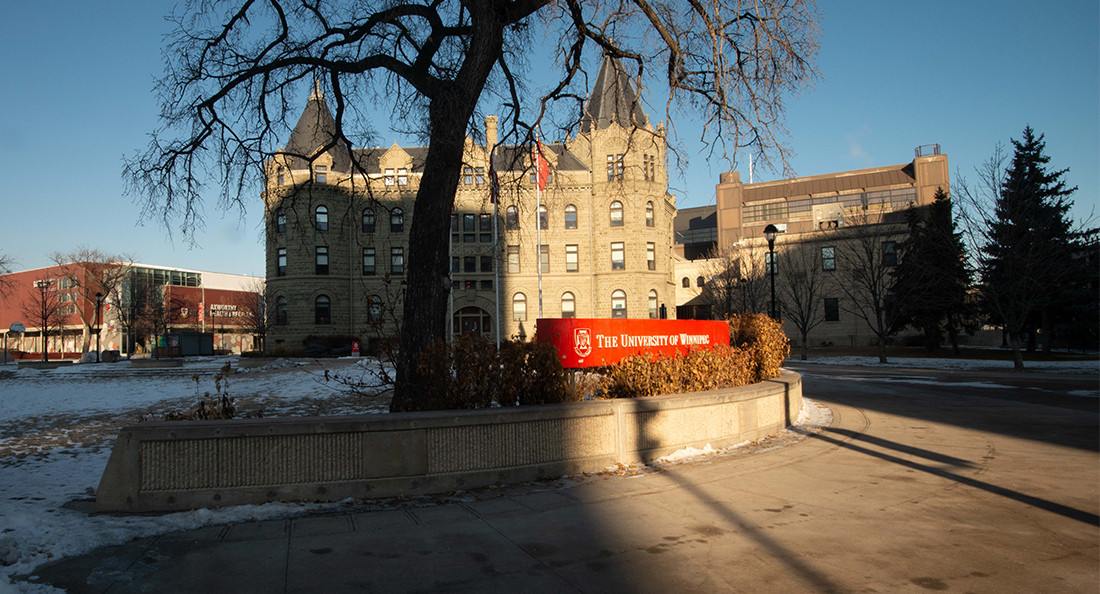Manitoba College’s 150th
A ‘significant milestone’ in the U of W’s history
One of the University of Winnipeg’s (U of W) founding colleges, Manitoba College, is celebrating its 150th anniversary in 2021. Founded in 1871 by Dr. John Black, it has played an important role throughout this institution’s and the province’s history.
Dr. James Currie, interim president and vice-chancellor of the U of W, says “throughout its history, Manitoba College showed resilience, adaptability and a willingness to collaborate for the betterment of its students.”
“The University of Winnipeg embodies these ideals and recognizes the legacy of Manitoba College,” he says.
Due to the COVID-19 pandemic, however, no celebratory events have yet been announced.
Dr. Ryan Eyford, associate professor in the U of W’s history department, says Manitoba College’s 150th anniversary is a “significant milestone.”
“Manitoba College is an important part of the history of post-secondary education in Manitoba,” he says.
In addition to being one of the U of W’s founding colleges, it also was one of the University of Manitoba’s (U of M) founding colleges, along with the Catholic Collège de Saint-Boniface and the Anglican St. John’s College. Though Manitoba College was affiliated with the Presbyterian Church and the U of M in its early days, it later had links to the United Church. Manitoba College merged with Wesley College in 1938, forming United College, which would later become the U of W.
“Marking the anniversary requires a recognition that the histories of the Universities of Manitoba and Winnipeg are very much intertwined,” Eyford says.
Though the original Manitoba College building has been demolished, the U of W’s Manitoba Hall pays homage to it. Wesley College’s building, however, remains a prominent part of the U of W campus.
“Many people who made significant contributions to the province attended (Manitoba) College, including, for instance, Dr. Frederick Todd Cadham, who the provincial microbiology laboratory is named after,” he says, adding that “it has the distinction of being the first college in the province to admit women.”
However, Eyford notes that the legacy of Manitoba College, initially a Presbyterian institution, is complicated by the church’s involvement in the residential school system.
As former U of M president and vice-chancellor Dr. David Barnard noted in a statement of apology, Manitoban universities educated individuals who became “clergy, teachers, social workers, civil servants and politicians” who “carried out assimilation policies aimed at the Aboriginal peoples of Manitoba.”
“Any effort to commemorate Manitoba College’s 150th anniversary cannot fail to acknowledge that aspect of its legacy,” Eyford says.
Published in Volume 75, Number 13 of The Uniter (January 7, 2021)








